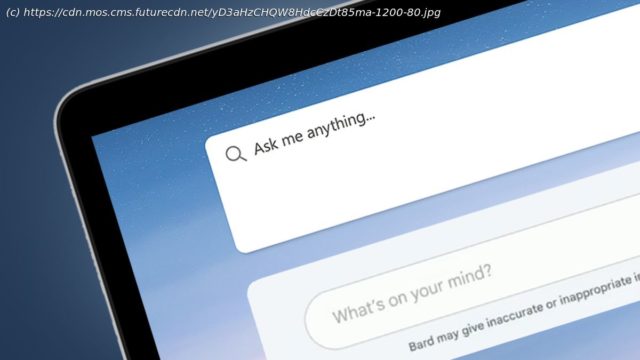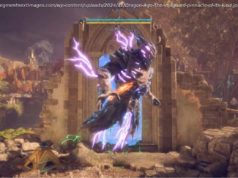This week both Microsoft and Google announced AI-powered chatbots for their search engines. But who won their first skirmish?
Google has been the byword for ’searching the internet‘ for almost a quarter of a century. But this week, a small crack appeared in its colorful armor for the first time in years – and all courtesy of the previously ridiculed Microsoft Bing.
The futuristic weapon Microsoft employed was an AI chatbot built on ChatGPT. By relaunching Bing (as, er, ‚The New Bing‘), Microsoft was able to preview a new kind of internet search – one that lets you talk to and interrogate a seemingly all-knowing sage rather than just be presented with a list of web pages.
Of course, the tech itself is nothing new. The meteoric rise of ChatGPT, which recently became the fastest-growing app in history, has already popularized the idea of a conversational search engine that talks in a disarmingly human way. The difference is that these tools, unlike ChatGPT, are plugged into the internet to help them generate fresh answers on new topics, too.
Google was at pains to point out that its Transformer research project in 2017 is the basis for most of the generative AI apps we see today. In an attempt to steal Bing’s thunder, it announced Bard – an „experimental conversational AI service“ – the day before Microsoft’s Bing relaunch.
By plugging these AI chatbots into the world’s two biggest search engines, Google and Microsoft are taking them to a whole new mainstream level. From here, the way we search the internet will never be the same again. But how exactly do the tech giants‘ AI search assistants compare? And who’s winning the first round of this long battle? Here’s a five-minute breakdown of where we are right now.
Before we compare Microsoft and Google’s new AI chatbots, here’s a quick recap of what they actually are.
The technologies powering both new Bing’s ‚chat answers‘ and Google’s Bard for Search are called ‚large language models‘. These are neural networks, or deep learning algorithms, that have been trained on vast amounts of data and can generate conversational responses to prompts.
Microsoft says its new version of Bing is powered by a „next-generation OpenAI model“ that is „more powerful than ChatGPT“. This could be the long-rumored GPT-4 successor to the GPT-3.5 model that currently powers ChatGPT. But we’ll have to wait for an announcement from OpenAI to be sure.
Google’s Bard, meanwhile, is powered by a lightweight version of LaMDA (short for Language Model for Dialogue Applications). It’s been opened up to ‚trusted testers‘, but will be rolled out to the public – most likely as an optional feature in Google Search – in „the coming weeks“.
Start
United States
USA — software Microsoft Bing vs Google Bard: who's winning the AI chatbot fight?






